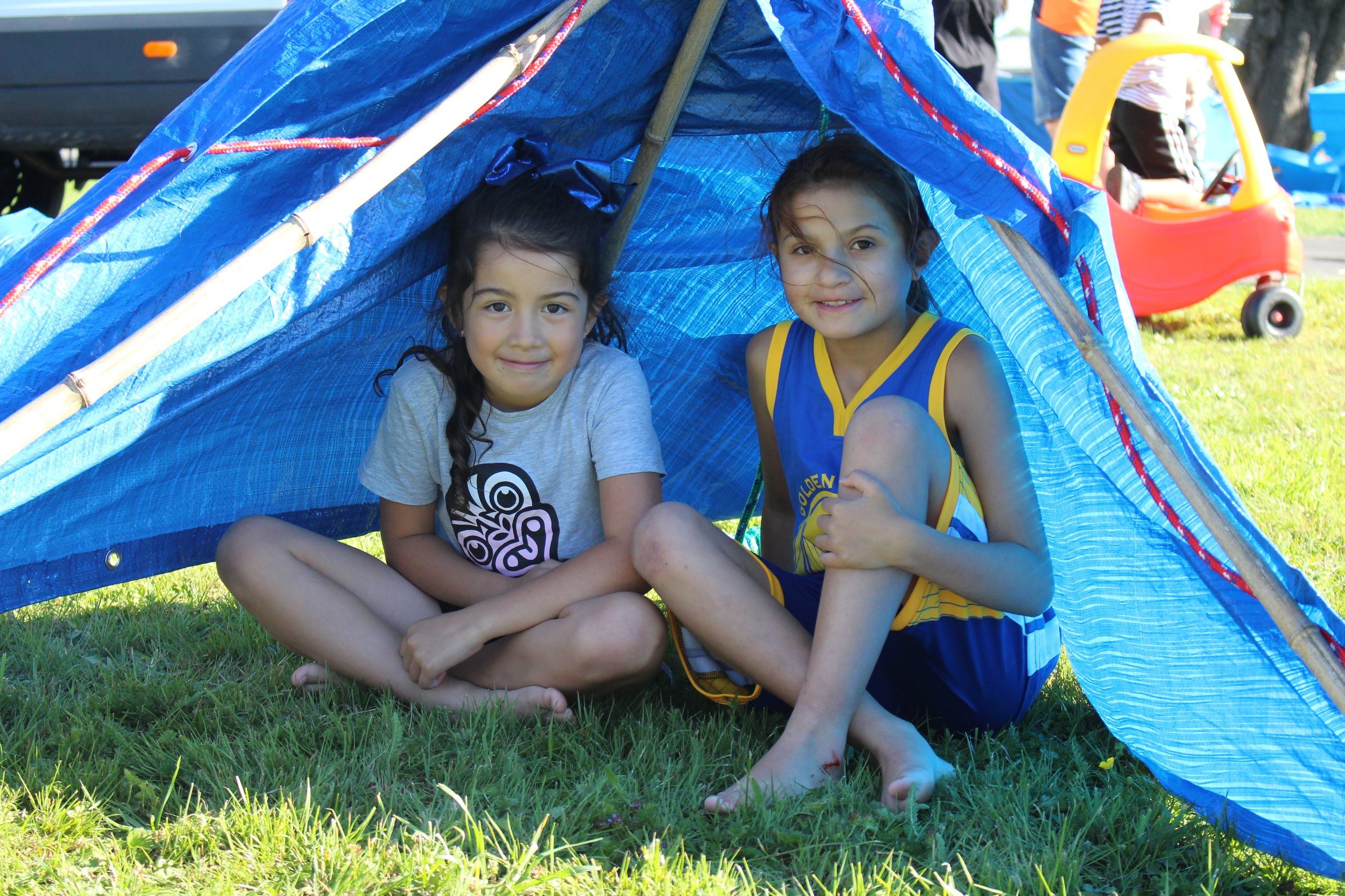
Tākaro
Play
Play is where children practice life.
Play is essential for children’s cognitive, physical, social and emotional development. It builds fundamental physical literacy, fosters creativity and innovation, and builds ability to identify and manage risk. Play contributes not only to children’s lives but also the wellbeing of their families, whānau and wider community. Play is:
spontaneous – it will happen anywhere
freely chosen and self determined
fun, accessible, challenging, social and repeatable
for no purpose.
Why is this important?
Children spend more time in food retail outlets than at structured sport and outdoor recreation locations combined
88% of Lower Hutt children do not play every day
53% of our local barriers to place are parental fears of traffic, strange people and loose dogs
How we’re increasing play
Play in the Hutt was a partnership between Hutt City Council, Sport NZ and Healthy Families Hutt Valley. Together we have engaged with our communities to better understand their experiences of play in our neighbourhoods. From this engagement we’ve documented our insights and findings in a report, Tākaro to play. The report includes local data, insights from whānau and recommendations about how to make Lower Hutt a city which invites tamariki and rangatahi to play.
We’re taking a broad approach to making our cities more playable. This mahi has been integrated into Healthy active streets and spaces.
Imagine if our neighbourhood spaces supported our tamariki to get outside, be active and play.
Want to help or learn more?
Contact us to share your insights and knowledge with us on the value of play.
